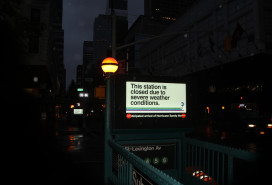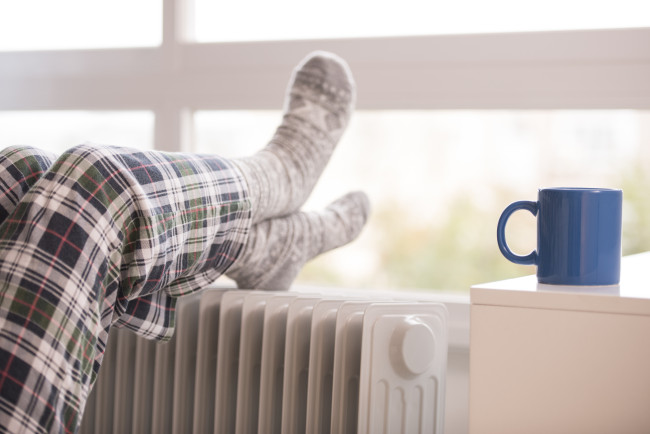Only one of the rooms in my rental has a radiator. Brr! Is this legal?

You should take temperature readings inside your apartment to prove it doesn't meet legal requirements.
I'm renting a small one-bedroom apartment. My bedroom has a radiator, but the living/dining area and kitchen do not, and those rooms get chilly. Is the landlord required to provide additional radiators?
What matters more than the number of radiators in your apartment is whether the temperature indoors meet legal requirements, our experts say.
In New York City, "the law requires that the temperature in the apartment must be 68 degrees Fahrenheit between the hours of 6 a.m. and 10 p.m. when the temperature is below 55 degrees Fahrenheit outside. At night, between the hours of 10 p.m. and 6 a.m., the temperature must be at least 62 degrees Fahrenheit with no outside temperature requirement," explains Steven Wagner, a co-op and condo attorney at Wagner, Berkow & Brandt (FYI, a Brick sponsor.) "If any part of the apartment is below the required minimum interior temperatures, the law is being violated."
This law applies to the whole apartment throughout the city's "heating season," which runs from October 1st to May 31st. If you suspect that temperatures in any of the rooms in your apartment are falling below the legal requirement, you should start by getting a thermometer designed to monitor temperature indoors (you can buy one online for $15 or less) and keeping track.
"Look at the outdoor temperature and take the temperature inside the apartment. If it's below the legal requirement, complain to your landlord," says Sam Himmelstein, a lawyer who represents residential and commercial tenants and tenant associations (and a Brick sponsor). "Write them a letter. You can also call 311, and NYC's Department of Housing Preservation & Development will come out and take their own measurements."
If HPD inspectors find the heating in your apartment is inadequate, it will be considered a hazardous violation that the landlord has to address within 24 hours. The landlord could be compelled to turn up the heat or provide additional heating through other means.
"If you don't get satisfaction, you can file an HP proceeding," Himmelstein says. "Heat cases are given some priority in housing court."
You would also have the option of not paying your rent in order to force your landlord to act.
"You can make your landlord move quickly by either withholding your rent and demanding an abatement under the Warranty of Habitability," Wagner says. "I advise clients to put a calendar on their refrigerator and take temperature readings in the morning and the night and write the results of your calendar every day. This will become a record that you could use in court should the landlord refuse to turn up the heat or to provide additional heating devices."
Trouble at home? Get your NYC apartment-dweller questions answered by an expert. Send your questions to experts@brickunderground.com.
For more Ask an Expert questions and answers, click here.
You Might Also Like






























